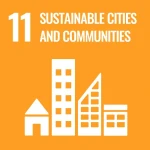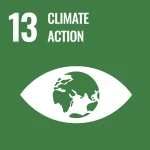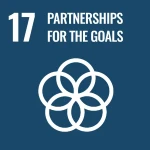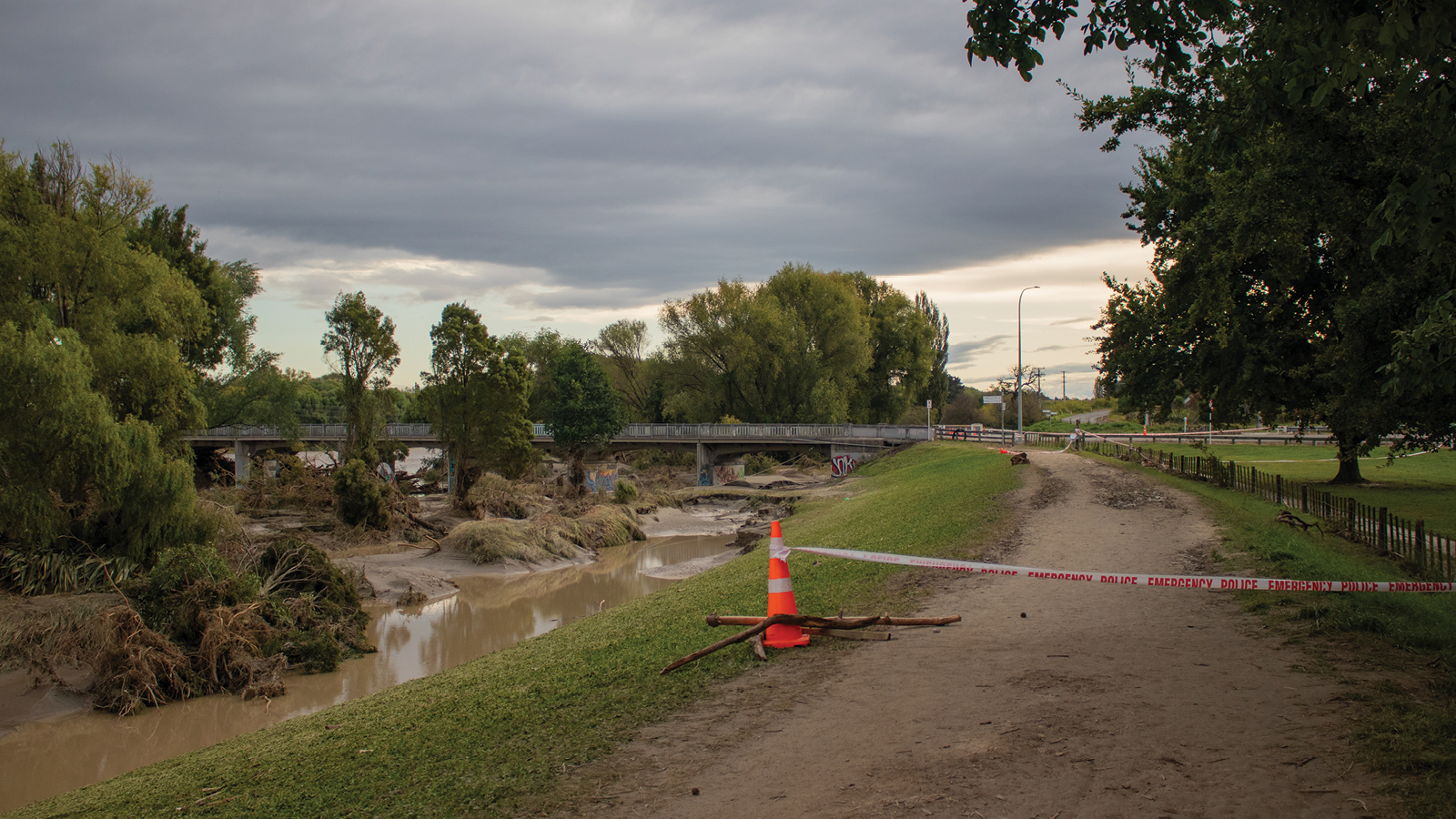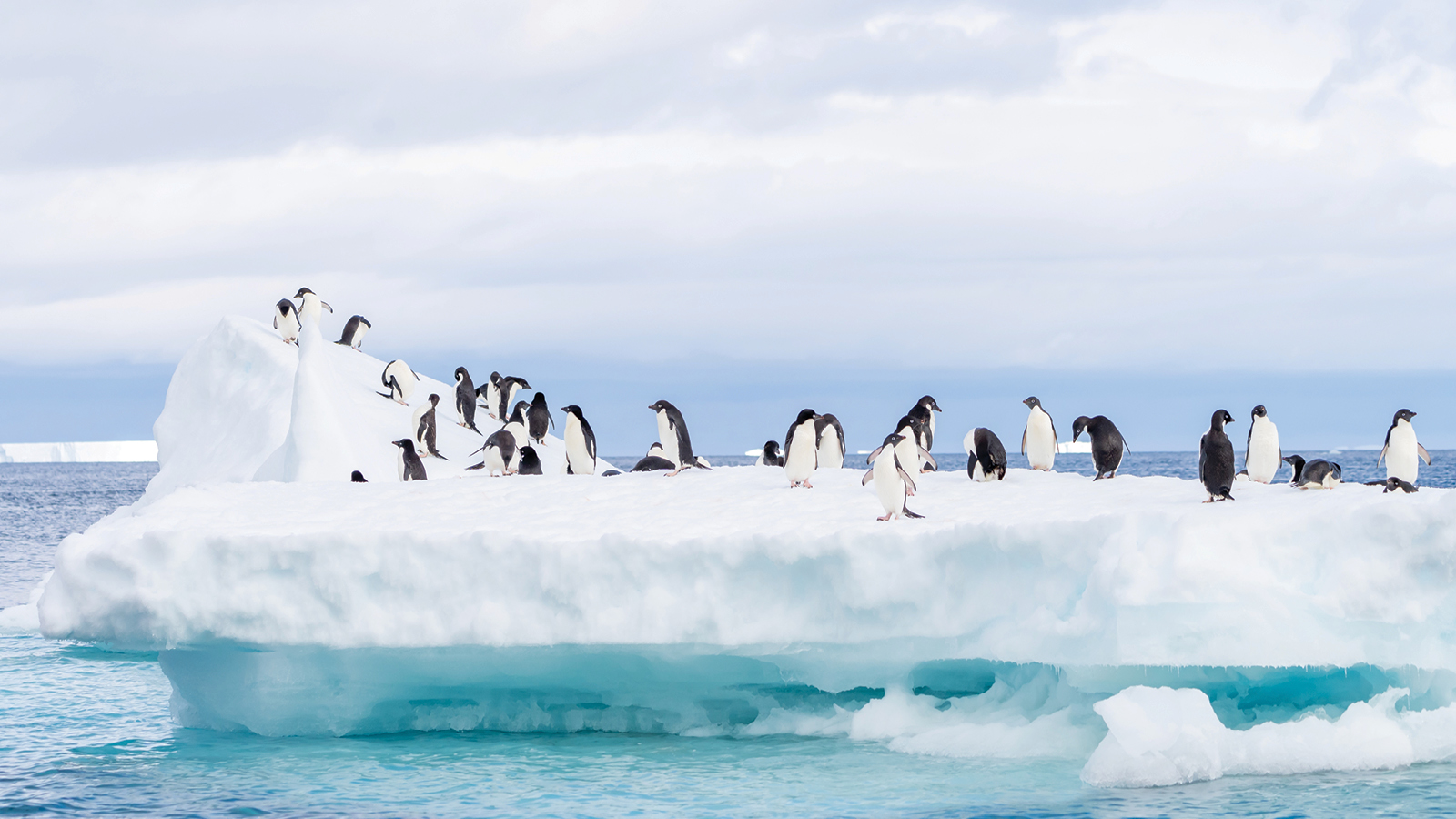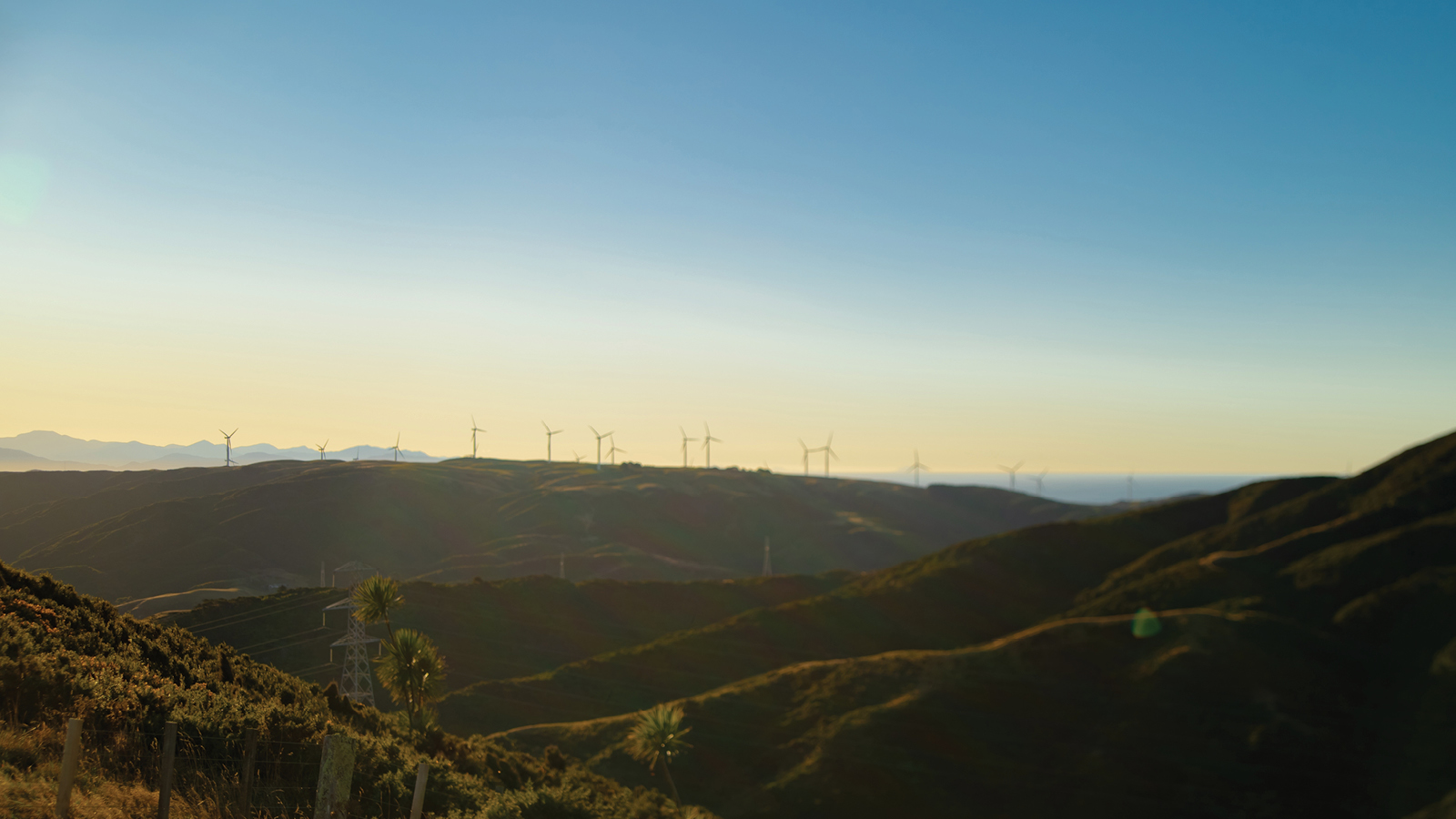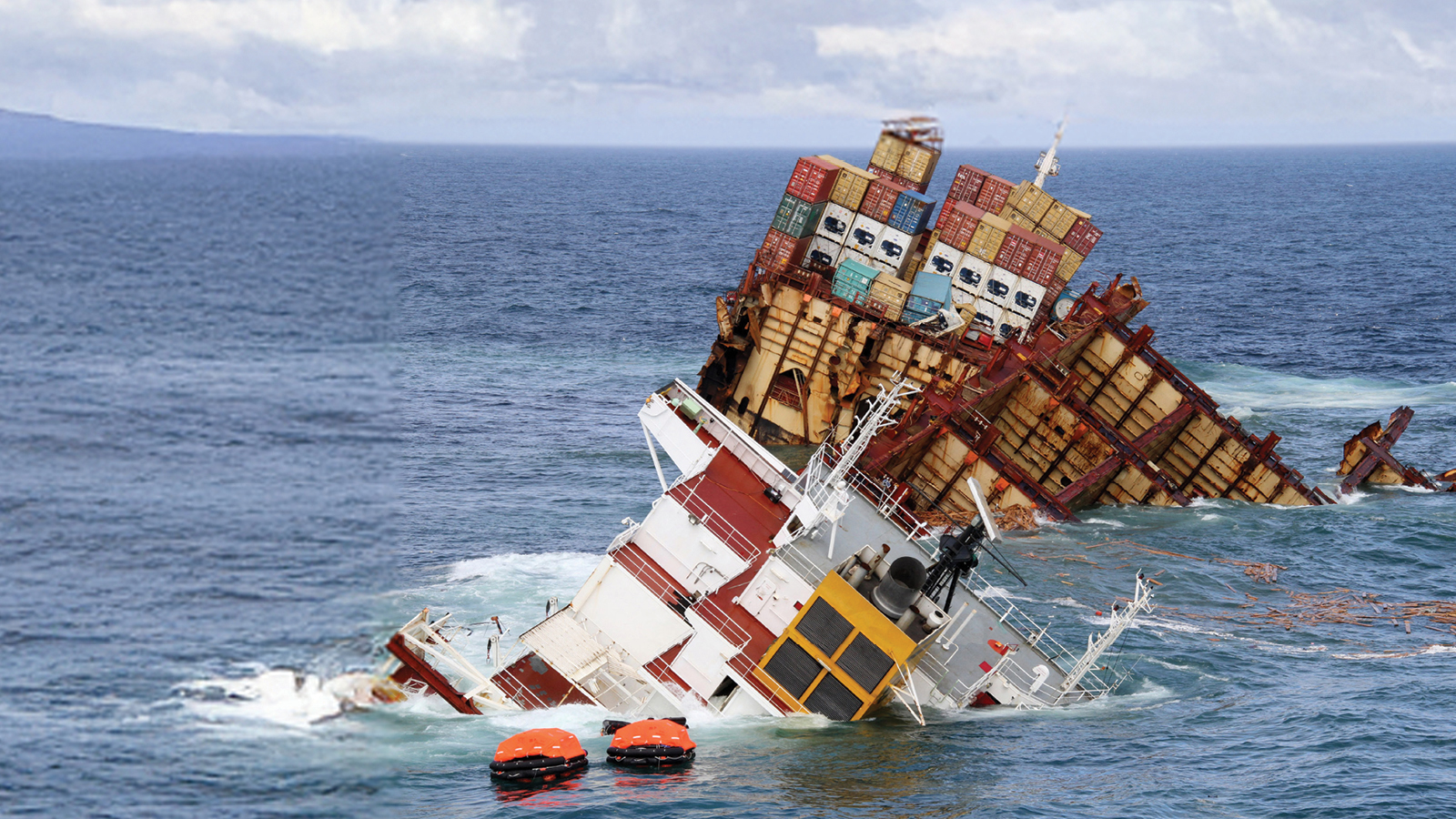Environmental planning researchers at the University of Waikato have multiple ongoing projects to help towns and cities grow sustainably, be more resilient to adverse weather and natural disasters, and adapt to climate change.
The team reaches beyond the boundary of the University to conduct projects in collaboration with end users to generate immediate real-world impact. Our University’s researchers work alongside engineers and modellers to translate data and to apply it to policy and decisions concerning how we grow while protecting what we value and avoiding transferring risk to future generations.
The changing climate is affecting lives, livelihoods and ecosystems, and so we need to plan future growth carefully. At the same time, the high demand for housing across New Zealand has spawned a housing crisis that has resulted in politicians asking for more housing with fewer planning rules. A project with Toka Tū Ake, the Natural Hazards Commission, is developing an innovative Agent Based Model to understand why and where developers build houses and how this is influenced by hazard and zoning policies. The simulation model will be used to understand how best to design planning policies that protect future generations. This highly collaborative approach that joins together environmental planning researchers with city planners and policymakers helps to strike a balance between reducing the risk of potential hazards and future liabilities while satisfying the desire to expand land use to meet housing needs.
Adaptation research need not be limited to top- down implementation of research in vulnerable places, but may arise organically from members of the community who have inhabited our cherished spaces for a very long time. Indigenous Māori knowledge concerning natural hazards provides valuable insights for how we should embrace existing conditions and adapt to the environment that surrounds us.
Moreover, sustainable development calls for greater communication with an engaged public who may or may not support significant changes in how to navigate the world. Our researchers have identified areas where progress could occur at greater speed given public consensus, and other areas where more work will be required to convince a sceptical public of the need for radical change.
It is beyond doubt that the climate is changing, but questions linger about when, why and how quickly it will unfold. We still need to act, and better that we act now than leave it for our descendants to contend with something far worse than we have experienced recently. The University of Waikato’s environmental planning researchers empower responsible and prudential choices when it comes to sustainability.
